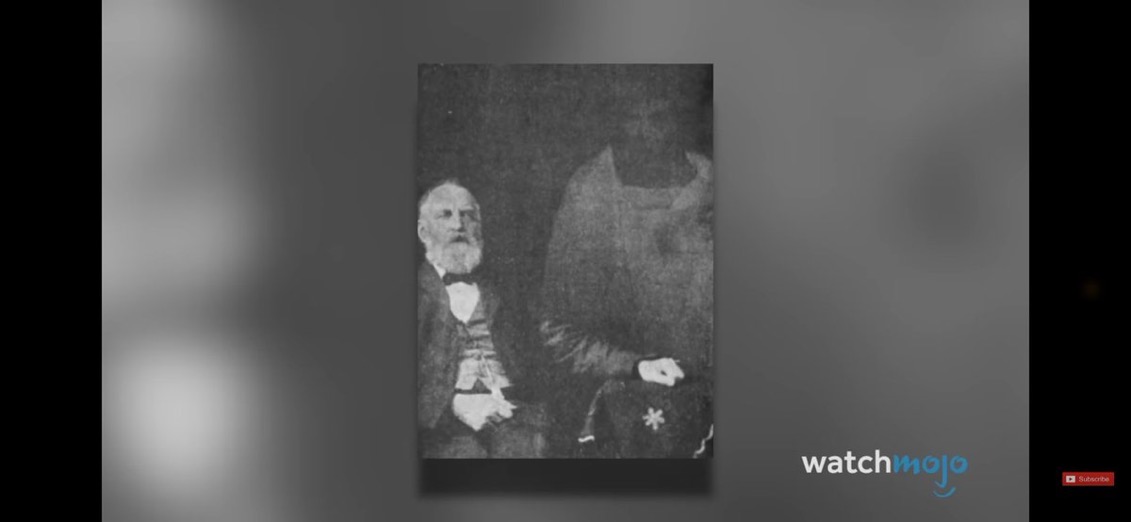Vintage Telemovie Of The Week: To Kill A Cop (1978)
By Erin Free
On May 7, 2025, American cinema lost one of its most charismatic, compelling and unconventional character actors in the great Joe Don Baker, who passed away at the age of 89. Tall and imposing, Texas-born Baker was a master at conjuring menace mixed with sly humour, and every film he appeared in was made infinitely better by his involvement. In short, Joe Don Baker was the real, goddamn, no-holds-barred deal.
On his sad passing, most mainstream media obituaries have understandably focused on Baker’s iconic lead performance in the bruising 1973 classic Walking Tall and his key role in the James Bond series (click right here for FilmInk’s excellent obit), two of the most vital and visible entries on the actor’s long and fascinating career resume. This, of course, leaves out many, many important roles in the Joe Don Baker oeuvre (a high falutin’ term the famously down to earth actor would likely raise his eyebrows at), which includes great villains (his turn in Don Siegel’s 1973 cult classic Charley Varrick is truly unforgettable), hardened anti-heroes (witness his brutish brilliance in 1973’s The Outfit and violent desperation in 1975’s Framed), dusty westerners (1977’s The Shadow Of Chikara, 1972’s Junior Bonner), straight up tough guys (1975’s Mitchell, 1977’s Speedtrap and Checkered Flag Or Crash, and the crazed 1974 martial arts extravaganza Golden Needles) and bizarre comic creations (Baker really brings it in Tim Burton’s 1996 sci-fi comedy Mars Attacks! and the little known 1980s gut-busters Wacko and Joysticks).

Joe Don Baker also featured in a large collection of TV series and superior telemovies, including his first major leading role in 1971’s excellent Mongo’s Back In Town, which we reviewed for this very column a little while back. Amongst Baker’s essential telemovies and mini-series were 1972’s That Certain Summer (one of the first TV features to offer a sensitive, positive depiction of gay characters), 1980’s Power (a fictionalised take on the life of union organizer Jimmy Hoffa), 1985’s Edge Of Darkness (the acclaimed British espionage thriller), 1992’s Citizen Cohn (in which Baker brilliantly played the notorious Senator Joseph McCarthy opposite James Woods’ Roy Cohn) and 1997’s George Wallace (where Baker perfectly played Alabama Governor Big Jim Folsom to Gary Sinise’s title character).
One of Joe Don Baker’s best telemovies (and a rare one in which he takes the leading role), however, is unquestionably 1978’s epic two-parter To Kill A Cop, which served as a pilot for Baker’s short-lived TV series, Eischeid. Directed with crisp efficiency by TV vet and Unsung Auteur Gary Nelson (Freaky Friday, The Black Hole) and expertly adapted from the book by ex-cop and former NYPD Deputy Police Commissioner Robert Daley (Prince Of The City, Year Of The Dragon) by Unsung Auteur Ernest Tidyman (who created the iconic Blaxploitation character Shaft and reshaped Robin Moore’s The French Connection for the screen), To Kill A Cop offers a wonderfully layered and engaging turn from Joe Don Baker, who is gifted with a rich, three dimensional character in the hard-charging form of NYPD Chief Of Detectives Earl Eischied.

Frequently chomping on a cigar and dressed in an old-school three-piece with his .38 tucked into his waistband, Earl Eischied is a decidedly “hands on” Chief Of Detectives in the middle of several crises, both personal and professional. His ex-wife Betty (Joyce Van Patten) is onto him to spend more time with their teenage son; his glamorous, husky-voiced girlfriend Florence (Diana Muldaur) wants the kind of attention she deserves, and not the hour or two here and there Eischied can sneak into his busy schedule; and the Police Commissioner (Patrick O’Neal) and his right-hand-man Ralph O’Connor (Alan Fudge) – who almost give off a Mr. Burns and Smithers vibe – want the determined Earl Eischied out of the job so they can drop in a yes-man of their own. Worst of all, however, New York City is shaking under a cloud of terror stirred up by F.E.A.R, a ragtag but violent crew of African-American revolutionaries led by the wild-eyed Everett Walker (Lou Gossett Jr. in a vivid and utterly compelling performance). F.E.A.R’s attention-grabbing, fuse-lighting cop killing spree has the NYPD on edge, and young patrol cops Martin Delahanty (Desi Arnaz Jr.) and Agnes Cusack (Christine Belford) – part of an “experimental” programme teaming male and female officers in patrol cars – in the revolutionary outfit’s seething, rage-glazed sights.
The three-hour running time of the deftly paced To Kill A Cop is packed full of incident, and filled to the brim with finely drawn characters (the likes of George DiCenzo, Robert Hooks, Julius Harris, Scott Brady and Eddie Egan – the real-life cop who inspired The French Connection – feature as various detectives, while the great Eartha Kitt is exceptional as a conscience-stricken F.E.A.R associate), but director Gary Nelson and writer Ernest Tidyman always maintain control over the material despite its obvious complexity; you always know exactly where you are in the narrative from beginning to end. The film offers a fascinating look at the finer details of policing in the 1970s, with NYPD Chief Of Detectives Earl Eischied both delegating and getting his hands dirty by bending – but never quite wholeheartedly breaking – the rules.

It’s terrifically entertaining stuff, with plentiful location shooting providing a glimpse of New York City in all its gritty 1970s glory, while a number of scenes featuring casual sexism and racial stereotyping (the members of F.E.A.R are actually seen sitting around eating, yes, fried chicken at one point in proceedings, though this is leavened by the inclusion of several well-drawn African-American characters) instantly remind audiences of just when this telemovie was made. Expertly mixing the personal, the political and the procedural, To Kill A Cop only falls down ever so slightly in the borderline melodramatic scenes between Eischied and his girlfriend Florence, and in its neat but still wholly satisfying conclusion, which comes a little too quickly after the film’s lengthy depiction of so much detailed, meticulous police work.
At the centre of To Kill A Cop, of course, is Joe Don Baker’s Chief Earl Eischied, who rates as a truly top-tier small screen cop. The imposing Chief Of Detectives can easily hit the streets and play it tough, but he also provides admirable support and direction for his cadre of cops. “Ya done good,” Eischied frequently tells his subordinates, while even positioning himself as something of a feminist at one stage, offering his unwavering support when Christine Belford’s Officer Agnes Cusack cops undue flack from her chauvinistic colleagues. Baker’s boss cop was beset by even more crises in the following thirteen-episode run of his own show Eischied, which reunited most of the creative players from To Kill A Cop, and saw the NYPD’s Chief Of Detectives tangling with serial killers, drug smugglers, arson, gang warfare and problems amongst his team of cops. Though little remembered today, To Kill A Cop and Eischied represent a true high-water mark for the late, great Joe Don Baker, an American actor like no other.
To Kill A Cop is easy to find online in a very clear presentation.










